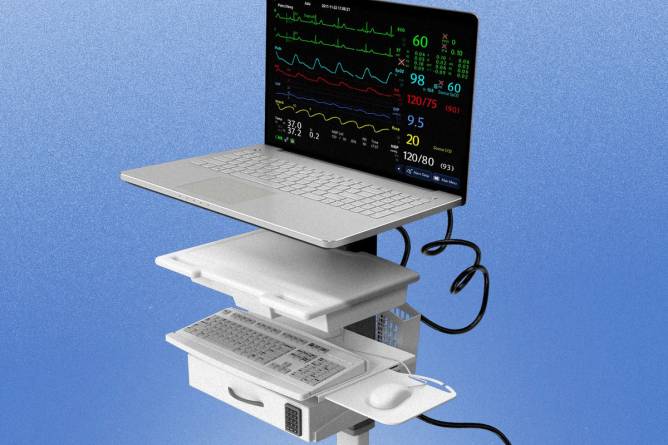Wondering who’s in and who’s out at major health companies, startups, hospitals, and more? We’ve got you covered. Welcome to April’s On Rotation! Here’s a noncomprehensive roundup of the past month’s career shifts. Have a job announcement to share? Drop Caroline an email at [email protected]. Kristi Baker: The former VP of women and children services at Saint Francis Health System in Tulsa, Oklahoma, is now senior executive officer of Orlando-based AdventHealth for Children effective April 7. In her role, she will oversee the health system’s full Florida pediatric care network. Raj Chopra: After five years as venture partner and head of oncology at life sciences venture capital firm Apple Tree Partners, Chopra is moving on to become chief scientific officer at Flagship Pioneering-founded Prologue Medicines, the biotechnology company announced April 8. See the latest roundup here.—CC | 









